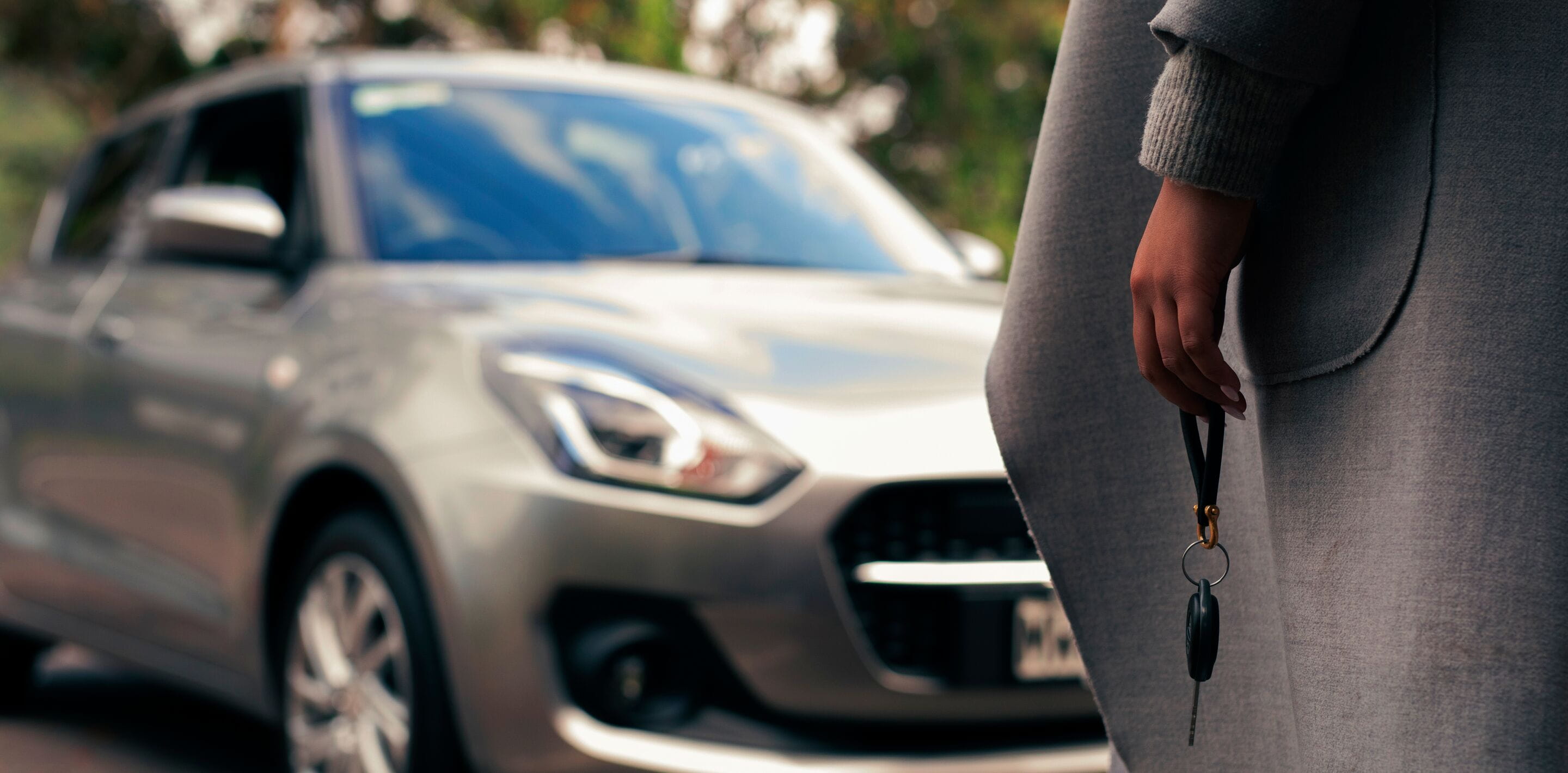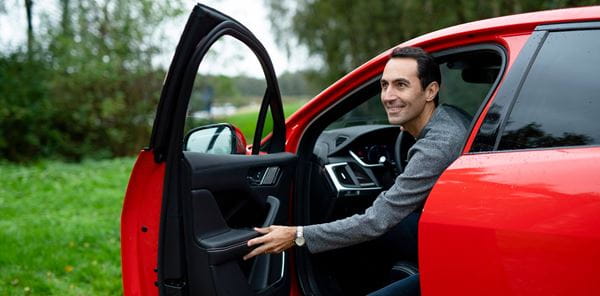
Buy or lease? What's the most advantageous option for your fleet?
Should you go for diesel or petrol? And when's the best time to switch to an all-electric fleet? There's a lot to consider when you want to build a future-proof fleet. Perhaps your cars meet all the requirements now, but will this still be the case in a few years' time? Making the wrong choices now can have negative consequences in the future. And what about the lease or buy dilemma?
Should you go for diesel or petrol? And when's the best time to switch to an all-electric fleet? There's a lot to consider when you want to build a future-proof fleet. Perhaps your cars meet all the requirements now, but will this still be the case in a few years' time? Making the wrong choices now can have negative consequences in the future. And what about the lease or buy dilemma?
These are exciting times for company fleet managers. For quite a while now, choosing a new car has been about far more than simply considering whether to go for a diesel or petrol engine. We've all started the switch to a more sustainable society, and electric fleets are set to become the norm in a few years' time. In the meantime, many people see hybrid cars as a good intermediate solution to bridge the gap between conventional and electric vehicles. However, in most cases this is an unnecessary stepping stone that stops companies from immediately reaping the benefits of an all-electric fleet.
Electric future
Most practical objections to electric cars have now become outdated. Most employees can go about their day without any problems with a fully charged vehicle. The infrastructure in Belgium may still be an issue, but charging stations can be installed quickly in company car parks and in employees' homes. The only real stumbling block for electric cars seems to be the price, as most models are still significantly more expensive than the average petrol or diesel car. Nevertheless, we're at a tipping point: getting a new diesel car now may turn out to be far less cost-effective than a more expensive electric car in a few years' time.
There are therefore many uncertainties, and for many organisations it's not easy to invest substantial capital in green cars straight away. And yet this is a good time to take this step, as electric vehicles offer so many tax advantages. That's also why – in the current climate – leasing new cars is at least as cost-effective as buying them. If you're not buying the cars yourself, you don't have to pay any advances, nor do you need a large initial budget. You pay monthly amounts that have been set in advance, meaning you'll never face any unpleasant surprises in the coming years.
TCO is what counts
When we buy a new car, we tend to focus solely on the cost price. Of course, a nice discount makes some models very attractive, but it often makes us forget cars cost a lot more than the amount we see displayed in the showroom. A car's total cost of ownership (TCO) also includes the running costs that accumulate over the years, such as maintenance, tyre wear, insurance and taxes. All these expenses must be specified and considered when choosing a car. Of course, it isn't easy to predict the detailed TCO in advance.
But it's yet another issue you can avoid by leasing the car, as the fixed monthly price also takes the TCO into account. This means that you won't be charged any maintenance costs, insurance or other extra expenses along the way. In fact, you'll know exactly how much the car will cost for the entire period.
No value loss worries
The car's value loss is another hidden cost. From the moment a driver picks up a new car from the dealer, it loses a great deal of value. The value loss is particularly significant during the first year. And if you want to sell the car after four or five years, you'll only get a fraction of what you paid for it. With a leasing contract, you don't need to worry about any of this either. As you're not the car's owner, you won't lose any money as its value falls.
The real price tag of a car is far higher than the price you pay at the dealership. It's not always easy to see the wood for the trees, and we expect there to be more changes in the next two years than in the past decade. Making and keeping a fleet future-proof is therefore a huge challenge. It seems almost impossible to develop a long-term vision, even though that's what companies need now more than ever.
Leasing offers the flexibility you're looking for. You decide for yourself the final destination of your journey, and we'll make the necessary adjustments along the way based on that decision. Leasing is the most economical solution, particularly for those who don't have the time to monitor the car market closely.
**To find out more, be sure to read our tips before buying a new car and see which motorshow deals we have in store for you. **






